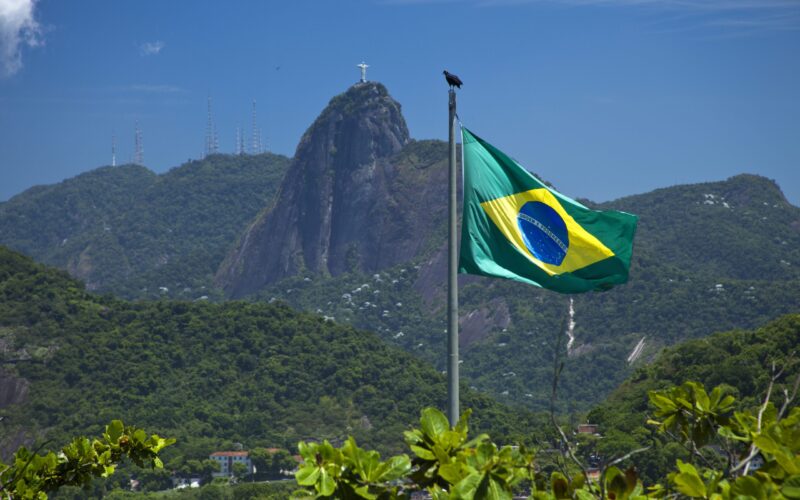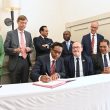The Brazilian government, under President Luiz Inácio Lula da Silva, is set to announce a new auction aimed at mobilising up to $2 billion in financing for sustainable land restoration initiatives, as part of the Eco Invest Brazil programme. The initiative focuses on recovering degraded pastures and is positioned to become one of the largest land-restoration efforts globally.
According to Treasury Secretary Rogério Ceron, the country has the capacity to deliver the world’s most ambitious land restoration programme. “It has a huge environmental impact, enormous international appeal, and many are seeking us out,” Ceron said. “In the best-case scenario, we aim to recover around one million hectares. It’s quite aggressive.”
The auction forms part of the Eco Invest programme’s “blended finance” strategy, which leverages public and private capital to lower financing costs and encourage private sector participation in sustainable projects. This model also helps to mitigate currency exchange risks for investors.
A regulatory decree for the initiative is expected later in the week. Financial institutions will have 45 days to submit proposals.
While the precise funding figure is not being disclosed to preserve competitive fairness, the government expects to offer approximately $1 billion in catalytic capital from Brazil’s Climate Fund. The auction will require participating banks to provide a minimum leverage of 1.5 times this amount. This would bring at least $500 million in additional private capital, with the total potentially reaching $2 billion depending on the level of competition.
Ceron expressed optimism that the auction could generate equal contributions from public and private sources. “There is appetite for leverage that could bring $1 billion in private capital to match the $1 billion from public funds,” he said. At least 60% of the leveraged private capital must originate from international sources, with the remaining 40% allowed from domestic investors.
The auction supports the federal government’s broader ecological transformation agenda and is expected to bolster Brazil’s National Programme for the Conversion of Degraded Pastures. Launched in 2023, the programme seeks to rehabilitate underproductive agricultural land, increase food production capacity, and reduce deforestation by avoiding the expansion of farmland into untouched ecosystems.





















